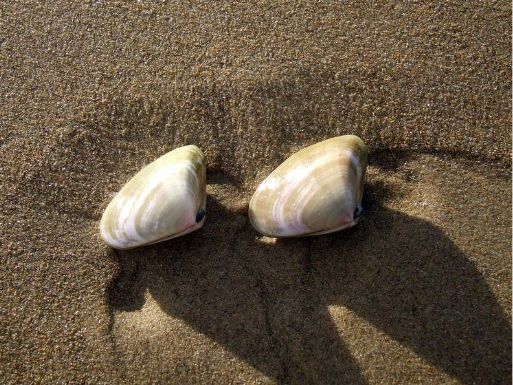
THE Department of Primary Industries (DPI) is reminding recreational fishers that a longstanding closure remains in place for recreational fishers taking pipis from beaches to eat or to remove them more than 50m from the high tide mark, right along the NSW coastline.
DPI Group Director Recreational and Indigenous Fisheries, Peter Turnell said the closure is in place because pipis may contain toxins due to natural algal blooms, which may not always be visible.
“Algal blooms can occur anywhere along the coast and are normally the result of the upwelling of nutrient rich deep ocean water onto the continental shelf, and can often be seen after rainfall events in estuaries and in river mouths,” Mr Turnell said.
“Some of these algae produce harmful toxins that can build up in marine shellfish and the toxins are capable of making people very ill and cooking does not destroy the toxins.”
Ongoing sampling for algae by the commercial fishing industry has revealed that there is currently an algal bloom in the waters of Stockton Beach.
“This sampling has shown high levels of potentially toxic species of algae and based on this finding, the local commercial fishery for pipis and other shellfish harvested from the beach has been closed,” Mr Turnell said.
Mr Turnell said while toxin levels have not yet been established from shellfish at Stockton Beach, it is a timely reminder for recreational fishers that these ongoing risks are the reason why the general recreational fishing closure for pipis is in place.
Pipis should not be taken by individuals for human consumption and should be used for bait only.
The NSW Food Authority is monitoring the situation at Stockton Beach and advises that all shellfish purchased through commercial seafood outlets are not affected as shellfish producers have ceased harvesting in the affected area.
It is recommended only eating shellfish harvested under a recognised commercial program.

















